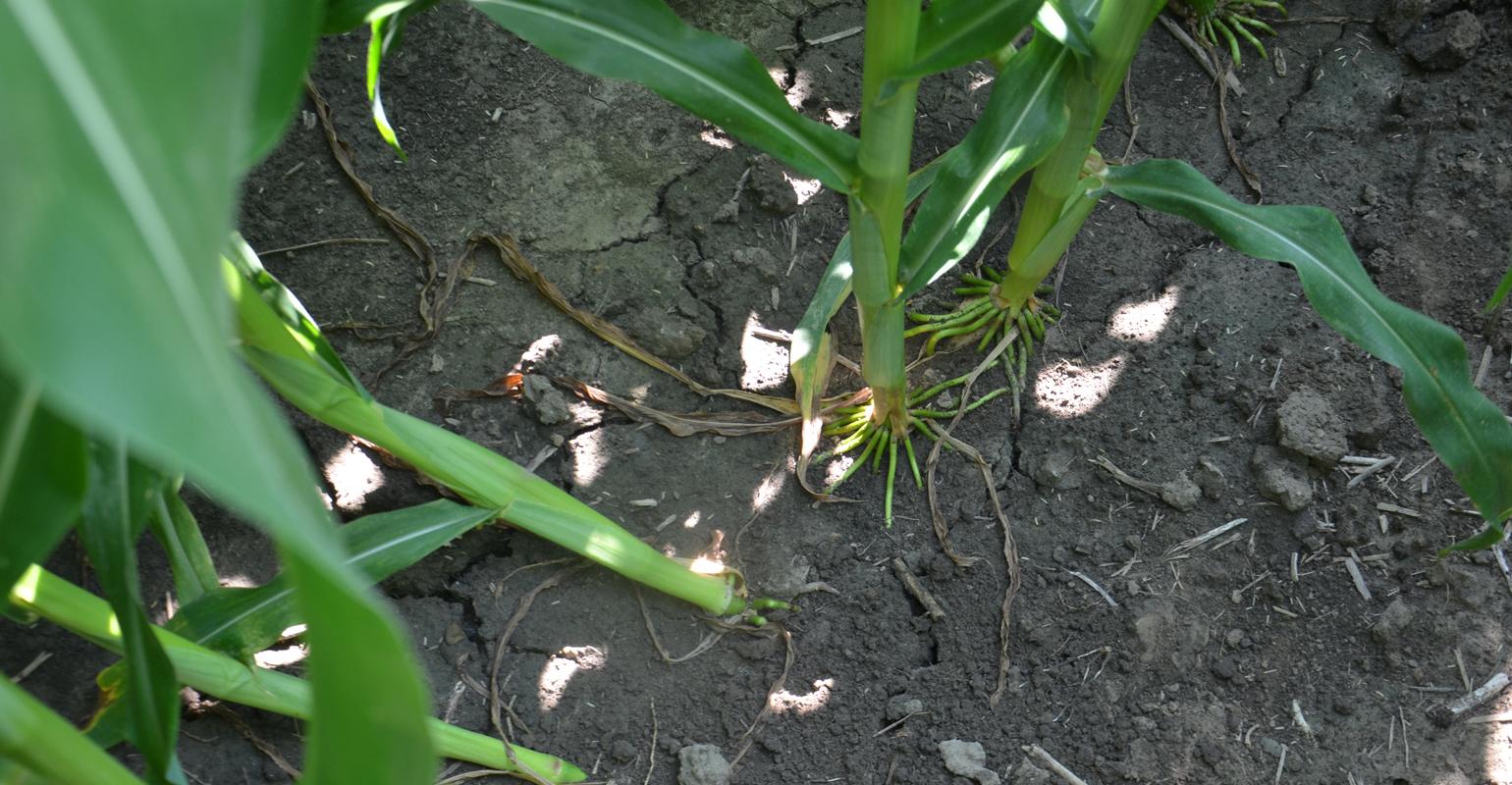Can you skip the footwork trait this year?

Corn Pest Beat: Rootworm control decisions may vary by area.
Sep 10, 2020
Our seed dealers are pressuring us to order seed. Hybrids without rootworm protection are cheaper. Should we go with those? We haven’t grown versions without rootworm protection for a couple of years. How do we judge yield potential of hybrids we haven’t grown?
The Indiana certified crop adviser panel answering this question includes Steve Gauck, regional agronomy manager for Beck’s, Greensburg; Andy Like, independent crops consultant, Vincennes; and Dan Ritter, agronomist with Corteva Agriscience, Rensselaer.
Gauck: Hybrids with rootworm protection help to offer insurance in protecting yield from rootworm outbreaks. If you have pressure from an outbreak of rootworm feeding, there is no rescue treatment for it. If you are in an area that has rootworm pressure every year, the insurance can be worth the money.
If you choose to move away from traited corn for rootworm protection, is your planter set up to apply insecticide to offer protection from rootworms? Is the insecticide a better, morecost-effective option? If you’re in an area where rootworm pressure has been low, you may want to take a slight risk and plant non-rootworm-traited corn. Many companies offer the same hybrid in both versions, so you most likely can find your favorite in many different trait versions.
As for picking new hybrids, use a similar method that you currently use when bringing new hybrids to your farm. If you want to look at hybrid yield data, be sure to look at multiple-location and multiple-year data, if possible. This takes out the variability of weather, planting dates, soils and management practices to find a hybrid that can perform in all situations.
Like: I would weigh the value of the rootworm protection to savings on seed corn without the trait. This would point to how much historical rootworm pressure you have experienced in the past on the acres you intend to plant.
Your agronomist and seed dealer should be able to help you find plot data that contains hybrids with and without the trait in an environment similar to your farm, so you have an idea of what to expect.
Ritter: Choose the best technology and hybrid for your farming operation. Product and trait options exist for a reason. Rootworms aren’t extinct, and pressures are different across Indiana and across the Corn Belt. Give higher consideration to the rootworm trait in areas of western Indiana, any field that is in a continuous-corn rotation or where you have a history of corn rootworm issues. There are areas in the Corn Belt where rootworm protection is a must if you want a decent crop. In other areas, the need for that trait is limited.
I may suggest working closely with a trusted seed representative to gain the information you need. They should know which hybrids and trait mixes to use for your area. Seek the advice of others in your circle of influence or management team as well, such as ag retailers, Extension educators and certified crop advisers.
Review local as well as regional corn hybrid test plot results to identify hybrids working consistently well in your geography. See how those products compare to the trusted products you are using now.

